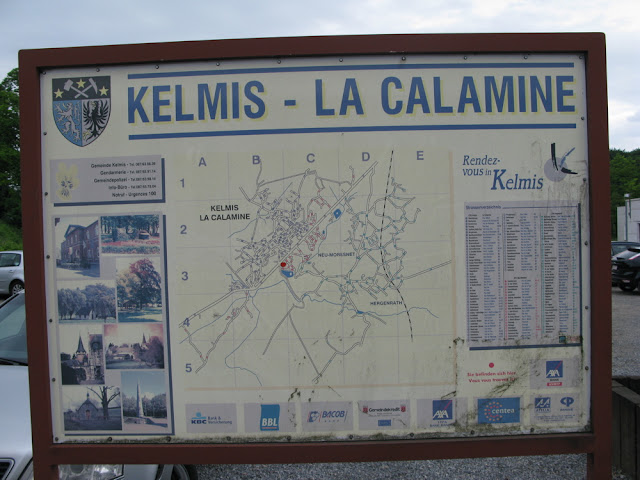El volumen incluye textos sobre cada proyecto escritos por los comisarios del ciclo, así como reimpresiones de Giorgio Agamben ("Notas sobre el gesto", 1996) y Georges Perec (extractos de "Especies de espacios y gestos Otras Piezas", 1974 ), vistas de las exposiciones y biografías de los artistas participantes.
Además cuenta con una serie de ensayos de académicos y científicos especialmente escritos para la ocasión:
Peter Osborne (Profesor de Filosofía moderna y director del Centro de investigación de filosofía europea moderna de la Kingston University London) con el texto ‘Fragmentos del futuro': Notas sobre el espacio proyecto" que se centra en peculiar idea de la 'sala de proyectos', espacio que se caracteriza por ser total en su idoneidad para un determinado tipo de temporalización: la temporalización del proyecto. ¿Cuál es su distintiva espacialización?, Y ¿cómo le afecta la codificación específicamente artística de un proyecto?.
Ryszard Zelichowski (Profesor y Director de Investigaciones Científicas en el Instituto de Estudios Políticos de la Academia Polaca de Ciencias) contribuye con el texto "Neutral Moresnet y Amikejo - Los niños olvidados del Congreso de Viena" ofrece una visión general de cómo Moresnet Neutral (el estado rebautizado como 'Amikejo' en 1908) llegó a existir.
Theo Beckers (Ex-profesor de Estudios de Ocio de la Universidad de Tilburg y en la actualidad miembro del cuerpo docente del Centro de Sostenibilidad de Tilburg y profesor visitante de la Academia china de ciencias)** escribe el texto "El tiempo libre. Auge y caída de un proyecto social", en el que rastrea la relación de la sociedad occidental con el trabajo y el tiempo, desde Séneca el Joven, a través del auge de las fábricas y de los 'Principios de Administración Científica' (1911) de Frederick Winslow Taylor, hasta la actual confusión hoy en día entre trabajo y ocio.
Menno Schilthuizen (Científico de investigación en NCB Naturalis, Cátedra para la biodiversidad de los insectos en la Universidad de Groningen y Profesor asociado en la Universidad de Leiden) escribe "Sobre las imágenes especulares en la naturaleza: cómo formas idénticas pueden ser totalmente distintas", principio que se refleja en la exposición del dúo Uqbar entorno a la quiralidad: en animales y plantas asimétricas, a veces ambas formas especulares existen lado a lado, pero a veces sólo existe una de ellas y el otro es "prohibido".
Título: Amikejo
Edita: Latitudes
Publica y distribuye: Mousse Publishing en colaboración con MUSAC
Fecha publicación: Abril 2012
Formato: 22.5x15.5cm, 216 págs, tapa dura
Idioma: inglés/español
Distribuye: Mousse Publishing
ISBN: 9788896501832
Precio: 26 Euros
Compra online
La publicación estará disponible durante la presentación.
Múltiplos es una librería y distribuidora independiente de Barcelona especializada en libros de artistas.

This work is licensed under a Creative Commons Attribution-NonCommercial-NoDerivs 3.0 Unported License.





























































